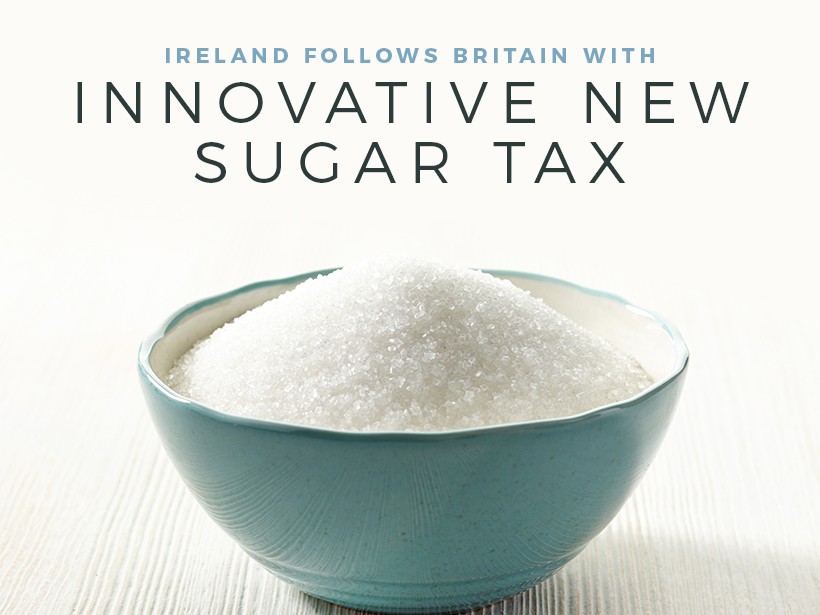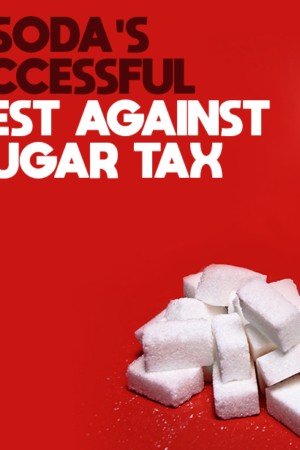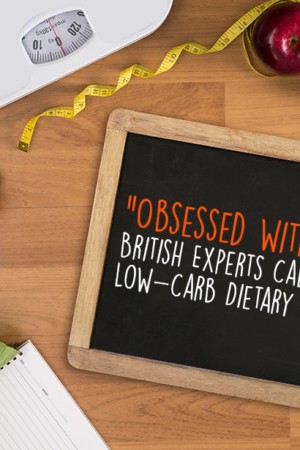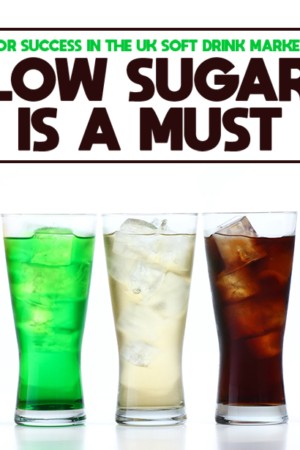Following the early success of Britain’s sugar tax, Ireland is next in line in the battle against Big Soda. The government’s new tax will come into effect on May 1st and increase the prices of soda and sugary drinks by a relatively large amount. Similar in design to its British counterpart, Ireland’s tax has already seen some positive results insofar as it has incentivized soda makers to lower the sugar content in their drinks.
A Tiered Tax on Soda
The tax was delayed a month to allow for full approval by the European Commission in Brussels, which evaluates the equitability of such taxes. The Commission found that the tax did comply with its stated health objectives, and more than this, determined that the soft drink industry could be treated as a special case precisely because of these objectives.1 Deloitte, a tax advisory giant, asked the government to delay the implementation of the tax until July in order to allow companies more time to prepare, a request which the Department of Financed has heartily turned down.2
Finally approved, the tax will apply to drinks with a sugar content of 5 to 8 grams per 100 milliliters (about 3.5 ounces) at 20 cents a liter, and at 30 cents a liter to anything over the 8-gram limit. As a result a standard can of soda will be expected to cost an extra 10 cents. However, public health activists and health experts are hoping that the tiered system will, like the British tax, encourage companies to lower the amount of sugar in their products to avoid the tax altogether. So far, they’re seeing some positive results.
Forcing Companies to Cut Sugar
Tesco Ireland, the grocery chain, has already said it will not need to increase the price of its drinks as it has lowered their sugar content according to the tax. Britvic Ireland, which owns several popular soda brands, grumbled that most of its drinks were already low sugar, upset at the prospect of having to go even further in its efforts. Such changes to sugar content, although not seen as the apparent reason for a sugar tax, are often considered the most beneficial results of one for public health, and are built into the proportional structure of the Irish and British taxes.
The Irish Heart Foundation called it a “landmark day in the fight against obesity,” and its head of advocacy Chris Macey called such a tax “the single most important action Government can take to tackle Ireland’s obesity crisis.”3 The successful implementation of such taxes has become a definitive trend, at least in Europe, and the coming years will be important ones for analyzing their effect on obesity and associated diseases.
NUTRITIONAL DISCLAIMER
The content on this website should not be taken as medical advice and you should ALWAYS consult with your doctor before starting any diet or exercise program. We provide nutritional data for our recipes as a courtesy to our readers. We use Total Keto Diet app software to calculate the nutrition and we remove fiber and sugar alcohols, like erythritol, from the total carbohydrate count to get to the net carb count, as they do not affect your blood glucose levels. You should independently calculate nutritional information on your own and not rely on our data. The website or content herein is not intended to cure, prevent, diagnose or treat any disease. This website shall not be liable for adverse reactions or any other outcome resulting from the use of recipes or recommendations on the Website or actions you take as a result. Any action you take is strictly at your own risk.
- For Keto, the Everyday Research Says it All - March 6, 2019
- Huge Harvard Study Backs Up the Wide-Ranging Benefits of a Low-Carb Diet - February 25, 2019
- Experts Convene for Keto Conference - July 30, 2018




